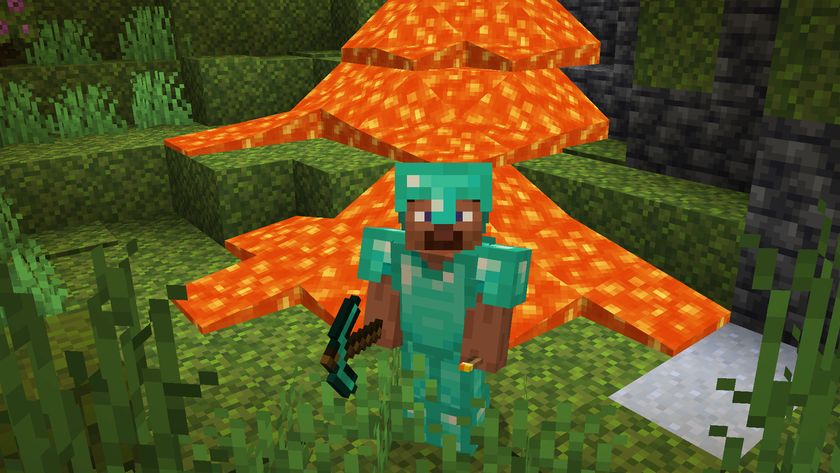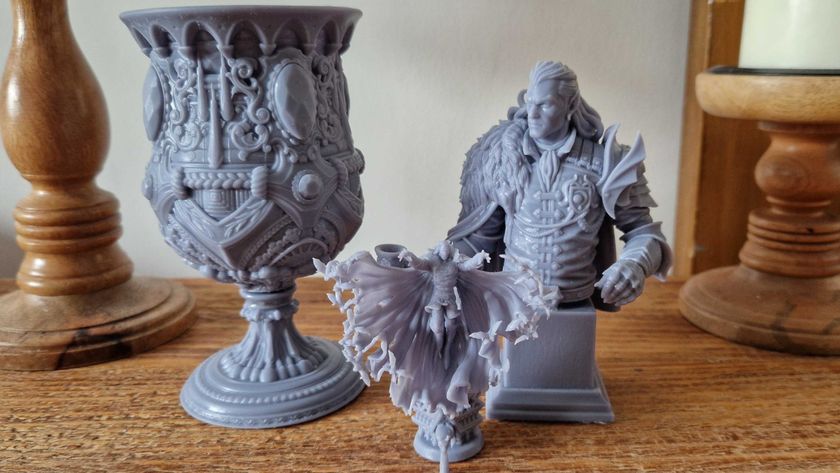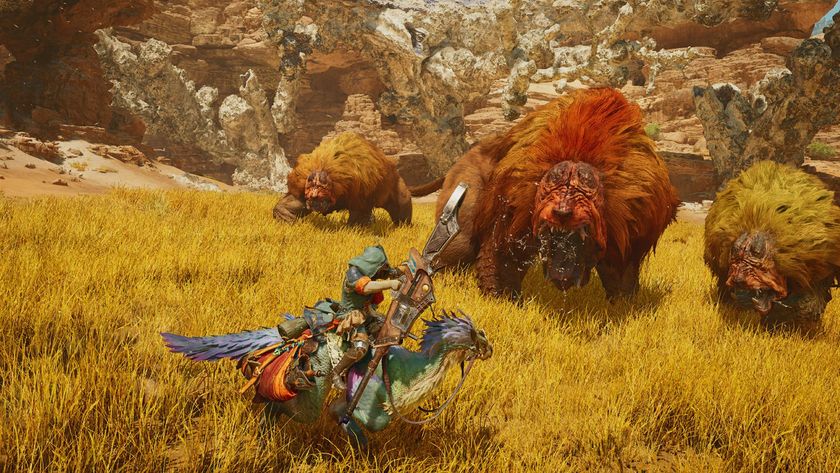Changing roms
Learn how to marry the majesty of your PC to classic games by emulating
Take a look in the retro console section of eBay and you'll find old hardware and games going for stupid amounts of money. And for what? Another box in the attic, another plastic slab left in a display case for the rest of time. The games themselves, however, are worth saving: they’re both important waypoints in the ongoing evolution of digital entertainment, and in many cases incredible triumphs in and of themselves. That’s where emulation comes in - playing classic games in their original, or improved, forms, all from the comfort of one PC. No antique peripherals or carefully filed original packing needed - it's all in a folder on your hard drive.
Because emulation involves the PC pretending to be other (often dramatically different) hardware, it’s generally nowhere near as efficient as running a game designed to work in Windows natively. So you’re not going to be playing Xbox 360 games on your Athlon 64 - but older console generations, from the Atari 2600 to the first PlayStation, have such minimal requirements that they’ll barely trouble a modern PC.
There is, however, one huge problem. With a very few exceptions, it’s illegal to play the data ripped from a console game unless you own the original cartridge/disc/tape/arcade machine. Even if you do own it, it’s very much a legal grey area. On the other hand, you don't have to use your emulator for commercial games at all. A number of homebrew games have been made for old platforms, and as making your own SNES cartridge isn’t a viable option, an emulator is the only way to play them.
The emulators themselves are (mostly) not illegal, because they don’t use code stolen from the console manufacturers, but rather reverse engineer software to come up with brand new programming. Not every emulator creator is this sensible, but their work gets dragged off the internet and given an ass-kicking by lawyers pretty damn quickly.
That said, people also use emulators to play old games they don’t own. The impediments are more moral than practical - with the internet in the sprawling, ungovernable state it is, even the most basic search for a specific game will likely yield dividends. We can’t possibly recommend that though, not only because it’s breaking the law but also because sites promising untold ROM bounties are often traps designed to trap you in ad loops or squeeze spammable email addresses out of you. If you’re at least vaguely adept at web usage, however, it’s unlikely you’ll have much trouble finding ROMs. You’re on your own there, walking into badlands we can’t possibly act as tour guide to. What we can do, though, is show you how to get your vintage haul up, running and looking better than originally possible. Follow us.
Take a look in the retro console section of eBay and you'll find old hardware and games going for stupid amounts of money. And for what? Another box in the attic, another plastic slab left in a display case for the rest of time. The games themselves, however, are worth saving: they’re both important waypoints in the ongoing evolution of digital entertainment, and in many cases incredible triumphs in and of themselves. That’s where emulation comes in - playing classic games in their original, or improved, forms, all from the comfort of one PC. No antique peripherals or carefully filed original packing needed - it's all in a folder on your hard drive.
Because emulation involves the PC pretending to be other (often dramatically different) hardware, it’s generally nowhere near as efficient as running a game designed to work in Windows natively. So you’re not going to be playing Xbox 360 games on your Athlon 64 - but older console generations, from the Atari 2600 to the first PlayStation, have such minimal requirements that they’ll barely trouble a modern PC.
Sign up to the 12DOVE Newsletter
Weekly digests, tales from the communities you love, and more
There is, however, one huge problem. With a very few exceptions, it’s illegal to play the data ripped from a console game unless you own the original cartridge/disc/tape/arcade machine. Even if you do own it, it’s very much a legal grey area. On the other hand, you don't have to use your emulator for commercial games at all. A number of homebrew games have been made for old platforms, and as making your own SNES cartridge isn’t a viable option, an emulator is the only way to play them.
The emulators themselves are (mostly) not illegal, because they don’t use code stolen from the console manufacturers, but rather reverse engineer software to come up with brand new programming. Not every emulator creator is this sensible, but their work gets dragged off the internet and given an ass-kicking by lawyers pretty damn quickly.
That said, people also use emulators to play old games they don’t own. The impediments are more moral than practical - with the internet in the sprawling, ungovernable state it is, even the most basic search for a specific game will likely yield dividends. We can’t possibly recommend that though, not only because it’s breaking the law but also because sites promising untold ROM bounties are often traps designed to trap you in ad loops or squeeze spammable email addresses out of you. If you’re at least vaguely adept at web usage, however, it’s unlikely you’ll have much trouble finding ROMs. You’re on your own there, walking into badlands we can’t possibly act as tour guide to. What we can do, though, is show you how to get your vintage haul up, running and looking better than originally possible. Follow us.

















